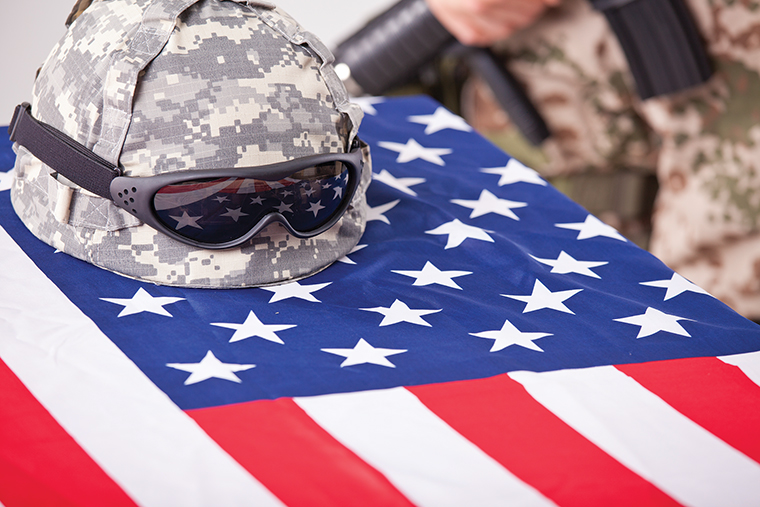Resolution combats veteran suicides
Veteran suicides to be addressed
March 3, 2014
To help prevent suicides among veterans, aldermen introduced a resolution to City Council on Feb. 19 that would require further studies on the causes of suicide and raise awareness of the issue.
The proposal is in response to a January study released by the Veterans Health Administration, which found an increase in suicides among young male veterans ages 18–24 and in women of various ages. The resolution includes a mandatory hearing by the Committee on Human Relations to identify preventive strategies and create more programs to help veterans.
According to the study, there was no significant increase in suicides among veterans in general from 2009–2011, with an estimated 40 suicides per 100,000 veterans. However, among male veterans ages 18–24, the suicide rate increased from 46 suicides per 100,000 veterans in 2009 to 79 suicides per 100,000 veterans in 2011.
Alderman James Balcer (11th Ward), a Vietnam War veteran, sponsored the resolution and said there needs to be more public awareness of veteran suicides.
“I’m going to work with the city’s [Department of Public Health] on this to get more awareness about it and see what else can we do,” Balcer said.
Caitlin Thompson, deputy director of suicide prevention at the U.S. Department of Veterans Affairs, said she applauds Chicago’s leaders and their efforts to raise awareness of veteran suicides.
“I don’t think there is ever enough awareness,” Thompson said. “There always needs to be as much outreach and understanding as possible, especially about the services that are available and to promote the message that treatment works and getting care works if you’re feeling depressed or if you’re feeling in crisis.”
The USDVA provides suicide prevention programs such as mental health care services and a Veterans Crisis line, which provides immediate assistance to struggling veterans and their families, Thompson said.
Despite the availability of government programs, veterans often feel forgotten when they return from war, said Alan Van Bladel, president of the Vietnam Veterans of America Chapter 311. Van Bladel said many Vietnam War veterans feel abandoned by the government after they return home.
“I don’t think the government is doing enough as far as providing help for veterans,” Van Bladel said. “There are so many veterans out there that are in need and there just aren’t enough programs to help them along.”
Brian Ngo, president of the Student Veterans Society at Columbia and a junior marketing communication major, said the resolution would help but suicides and mental illnesses such as post-traumatic stress disorder and depression occur among veterans because of the nature of war.
Ngo said he served four years in the U.S. Marine Corps and when he was discharged in September 2012, it took him a while to adapt to civilian life because the army creates an environment of isolation from the rest of the world.
“When you come out, the support structure is gone,” Ngo said. “The rug is pulled out from underneath you.… I remember when I first came here, I didn’t get along with anybody just because no one understood my mentality.”
Thompson said the transition from a war zone to civilian life is incredibly difficult. However, she said a majority of veterans do not suffer from PTSD, thoughts of suicide or depression and successfully transition back to civilian life.
Ngo, said he was 19 years old when he was deployed to Afghanistan. The rise in suicides among young veterans makes sense to him because of the military’s familiarity, he said.
“It’s still a very unstable time in your life,” Ngo said. “You join at 18 and you adhere to a lifestyle for a certain amount of years and then you leave it. You leave everything that you have known every day.”
Thompson said it is difficult for veterans and their families to identify depression or PTSD symptoms. To address this problem, the USDVA designed the Make the Connection campaign. The website is an online community for veterans who suffer from PTSD, depression or mental health complications.
Balcer said he hopes the resolution will help veterans identify self-destructive feelings and promote greater awareness of the programs and resources available to them.
“I think many people recognize that there is something wrong, but they can’t put their finger on what exactly it is,” Thompson said.







